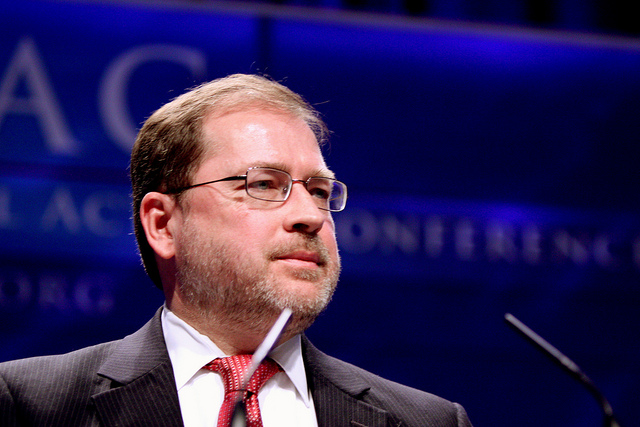Today, a bunch of politicians who lost their jobs last week are headed back to Capitol Hill to vote on legislation. It’s a weird artifact of democracy, that people who voters have decided they don’t want representing them are going to Washington to represent them, but: what’re ya gonna do.
It’s also weird because lame duck sessions often deal with things that no one wanted to figure out right before an election. So these unwanted politicians (well, not all unwanted, but certainly all unpopular) will make final decisions on some of the most controversial issues. But on the plus side, at least maybe they’ll pass some legislation.
Among the topics expected to be discussed: our old friend the wind production tax credit. The PTC, as we old hands call it, provides an incentive to energy providers to use wind energy, a long-standing effort to level the playing field with fossil fuels. But since fossil fuels would rather not have that playing field be level, they’ve vehemently opposed renewal of the PTC, which expires at the end of the year. The American Wind Energy Association believes that failing to renew the PTC could cost as many as 37,000 jobs, to which fossil fuel companies say: “Meh.”
So it’s up to the lame duck Congress. But just because some members of Congress are on their way out doesn’t mean that the dirty energy lobby is. From Politico:
[A] loose coalition of well-funded conservative groups is hoping to kill the tax credit by making it toxic for Republicans.
The strategy is twofold, according to tax-credit opponents interviewed by POLITICO: First, tie the tax credit to failed renewable energy companies like Solyndra that House Republicans have railed against for more than a year. Second, argue that the country can’t afford to maintain the tax credit at a time of economic uncertainty.
These are both stupid, transparently weak arguments. To the first point, the failure of Solyndra was a rare bad investment by the Department of Energy, and is an issue that has gained almost no traction politically. As for the second point, the PTC already exists — so arguing that “economic uncertainty” necessitates its expiration is ridiculous. In a growing economy that’s adding jobs, there’s only one demonstrable way to do damage on this issue: letting the PTC expire. Companies are already cutting their workforces in anticipation that demand will slow.
It’s possible that the good guys could actually win, at least in this case. The Senate would pass an extension, and the president would sign it. But:
Things are a little murkier in the House, where Speaker John Boehner received dueling letters in September on the tax credit. One, from 47 House Republicans, urged him to kill it. Another, from 50 House freshmen, called on GOP leadership to extend expiring tax credits.
“I’m fairly optimistic that it will happen in the lame duck,” said Richard Caperton, director of clean energy investment at the Center for American Progress.
The question is simple. Change nothing or purposely hinder a still rapidly growing industry? Only one thing is different now than the last time this issue was raised. Now, some of the people voting on the issue have firsthand experience in what it’s like to have someone else vote away your job.
This post is part of our November 2012 theme: Post-election hangover — whither the climate?




